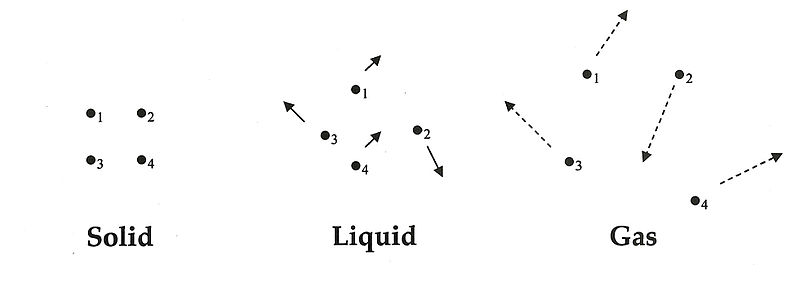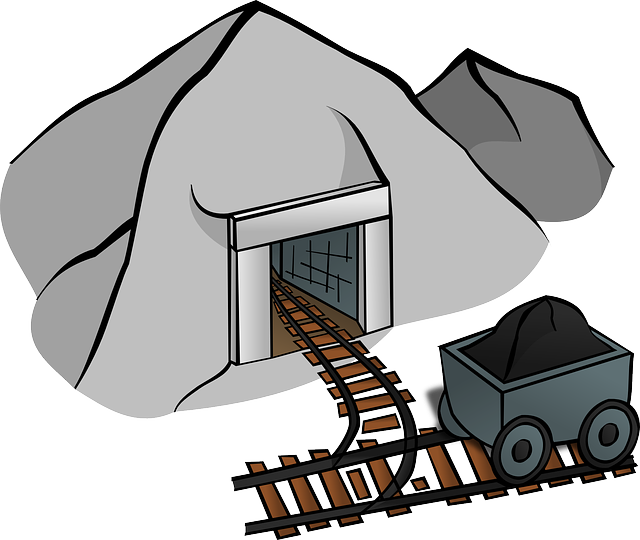Table of Contents
1. Matter:
2. MASS AND MATTER ARE DIFFERENT:
4. What are the states of matter?
Matter:
Any substance that occupies space (having volume) and has mass is called matter.
This includes the visible substances and invisible such as gases, chairs, soil, table, and plants, etc. Matter exists in different forms or phases. (A phase is a form of matter that has relatively uniform chemical and physical properties. such as density, specific heat, and refractive index.) Mainly matter is classified into three states like solid, liquid, and gas. It also has other forms like plasmas, superfluids, supersolids, and Bose-Einstein condensates, etc.
All these forms of matter are different from each other because they have different properties. Such as density, mass, and specific heat, etc.
MASS AND MATTER ARE DIFFERENT:
Matter should not be confused with mass. Matter is a general term used to describe any physical substance. But mass is not a substance rather a quantitative property of substance or matter. Matter has an opposite called antimatter while mass has none. Mass of a substance has an exact scientific definition.
FAQs
What is matter?
Any substance that occupies space having volume and has a mass is called matter. It may be in the solid, liquid, or in the gaseous phase. It can be in plasma state also.
What are the states of matter?
Generally, there are three states of matter Solid, liquid, and gas. But in modern physics, there are other forms of matter such as plasmas, superfluids, supersolids, and Bose-Einstein condensates, etc.
What is dark matter?
Dark matter is a type of matter which has an unknown composition because it does not emit or reflect light (electromagnetic radiation). electromagnetic radiations are used to observe the composition of matter. Its presence is related to gravitational force.




